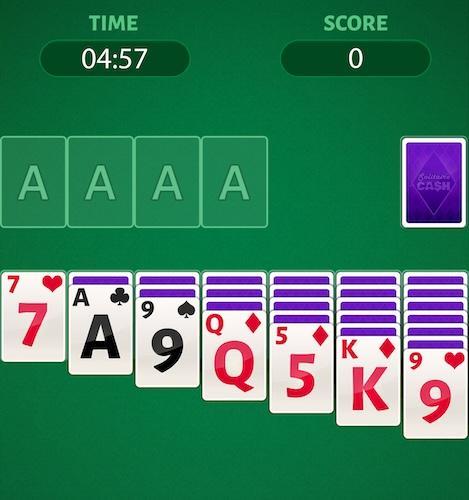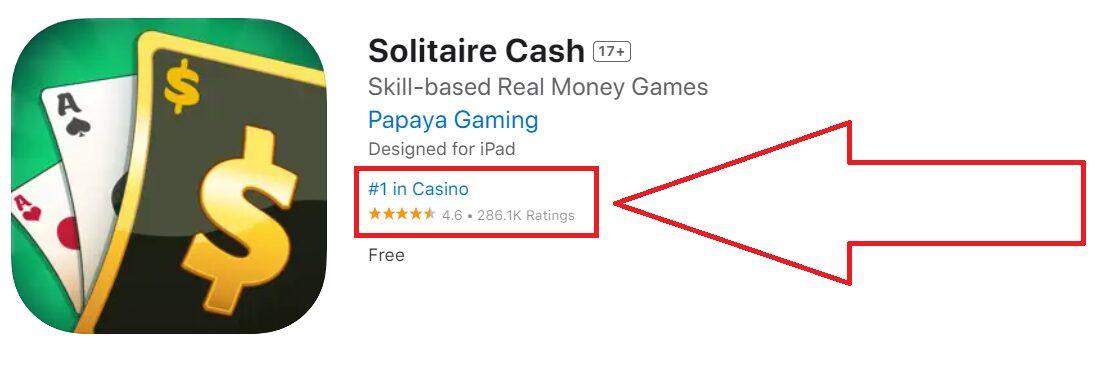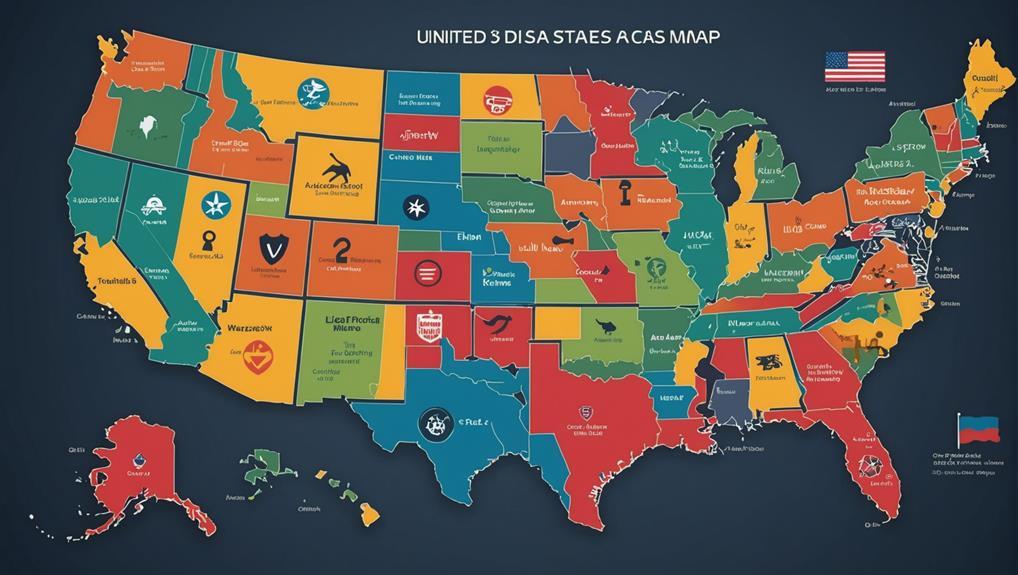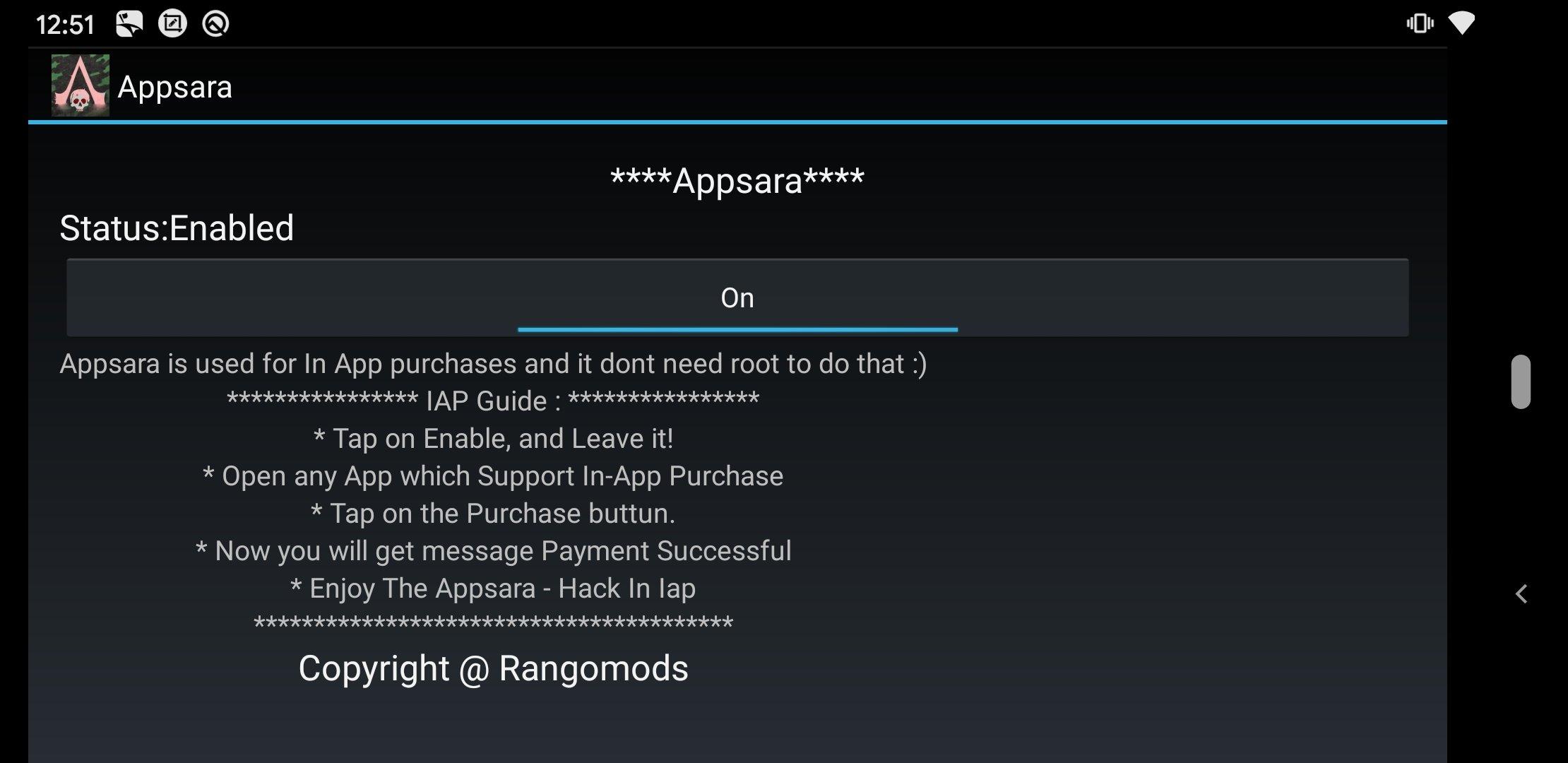where is solitaire cash legal

In the vast landscape of digital entertainment, online games have carved out a substantial niche, merging skill and chance in captivating ways. Among these, Solitaire Cash has emerged as a popular contender, offering players the thrill of classic solitaire with the added allure of cash prizes. However, a fundamental question lingers: where is Solitaire Cash legal? As the lines between gaming and gambling continue to blur, understanding the legal landscape surrounding this game becomes essential for both casual players and serious competitors. In this article, we will navigate the intricate web of regulations, state laws, and gaming commissions to clarify the legal status of Solitaire Cash across different jurisdictions, ensuring you can enjoy your favorite game with peace of mind. Join us as we uncover the nuances of gaming legality—an essential guide in an era where games bring not just enjoyment, but also the potential for real-world rewards.
Understanding the Legal Landscape of Solitaire Cash
As players explore the digital world of Solitaire Cash, it’s crucial to navigate the intricate web of legality that varies from one jurisdiction to another. This game, which allows users to compete for real money, operates in a space that often intersects with gambling laws, skill-based game regulations, and local gaming legislation. The landscape is complex; therefore, understanding how these factors play into the legality of playing Solitaire Cash is essential for users before they decide to enter the game. Take note of the importance of location in setting the stage for what is permissible, as players in some regions may enjoy unrestricted access while others face stringent prohibitions.
Many factors contribute to the legality of Solitaire Cash, including:
- Skill vs. Chance: Courts often assess whether a game is based more on skill than luck.
- Local Gaming Laws: Each state or country may have unique regulations influencing gameplay.
- Age Restrictions: Legal age for participating in games involving real money can vary greatly.
- Licensing Requirements: Online platforms may need specific licenses to operate legally in certain jurisdictions.
| Region | Legality Status |
|---|---|
| United States | Varies by state; some allow, others restrict. |
| Canada | Generally legal; regulated by provinces. |
| United Kingdom | Legal, requires compliance with local gaming authority. |
| Australia | Restricted; regulations vary by state. |

Exploring State-Specific Regulations and Restrictions
When diving into the realm of digital gaming, particularly cash-based options like solitaire, understanding the legal landscape across different states is crucial. Each state has its own unique set of laws and regulations that dictate the legality of these platforms. Therefore, players need to become familiar with the specific provisions that govern online gaming where they reside. Here are some important factors to consider:
- Licensing Requirements: Some states require specific licenses for online gaming operations.
- Age Restrictions: Most jurisdictions set a minimum age for participation, typically ranging from 18 to 21.
- Tax Implications: Players may need to report winnings and can be subject to state taxes.
- Prohibited Activities: Understanding what is considered illegal gambling is vital to avoid potential issues.
To further clarify the legal standing of cash-based solitaire in various states, refer to the simplified overview in the table below. This provides a snapshot of where these games are permissible, helping enthusiasts navigate their choices with ease:
| State | Legality |
|---|---|
| California | Legal with restrictions |
| New York | Legal |
| Texas | Not legal |
| Florida | Legal with caveats |

Navigating Age and Payment Requirements for Players
Understanding the intersection of age restrictions and payment protocols is crucial for players interested in engaging with cash-based solitaire platforms. Most jurisdictions stipulate minimum age requirements, often set at 18 or 21 years, depending on local laws governing online gaming and gambling. It’s essential for potential players to verify their eligibility before participating. Age verification processes can vary, but typically include providing proof of identity and age through government-issued identification. This step not only ensures compliance with legal standards but also fosters a secure playing environment.
Furthermore, payment options are closely tied to these legal stipulations. Players should be aware that several payment methods may impose their own age restrictions or require the use of a verified account holder. Here are common payment solutions available:
- Credit/Debit Cards: In many regions, users must be at least 18 years old to enroll.
- E-Wallets: Services like PayPal and Skrill often require users to verify their age.
- Bank Transfers: Typically available for users over 18, with additional verification processes.
| Payment Method | Age Requirement |
|---|---|
| Credit/Debit Cards | 18+ |
| E-Wallets | 18+ |
| Bank Transfers | 18+ |
Players must also take into consideration the legality of the game in their respective states or countries, as this significantly impacts both age and payment practices. Engaging with platforms that don’t adhere to local laws can lead to complications, including forfeiting winnings and facing financial penalties.

Recommendations for Legal Play and Safe Transactions
When engaging in legal online gaming, it’s essential to understand the regulations specific to your state or region. Prioritize platforms that have obtained necessary licenses and adhere to local gambling laws. Ensure that the games you participate in, such as Solitaire Cash, comply with the legal standards set forth in your jurisdiction. Consider the following important aspects:
- Verify Licensing: Ensure the platform is licensed and regulated by a reputable authority.
- Understand Local Laws: Research the gambling laws in your area to confirm that cash games are permitted.
- Read Reviews: Look for user testimonials and reviews to assess the platform’s reputation and reliability.
In addition to legal compliance, safe transaction practices are crucial for protecting your finances. Always opt for platforms that provide secure payment methods and data encryption for user information. Here are some recommendations to keep your transactions secure:
- Use Trusted Payment Methods: Select well-known payment options like PayPal or credit cards.
- Check Security Features: Look for SSL certificates and encryption protocols on the site.
- Monitor Transactions: Regularly check your bank statements for any unauthorized transactions.
To Conclude
the legality of Solitaire Cash presents a complex landscape that varies significantly across different regions. While countless players revel in the thrill of competing for cash prizes, it is essential to remain informed about the specific regulations governing online gaming in your jurisdiction. As the digital realm continues to evolve, so too do the laws that shape its practices. Therefore, whether you’re a seasoned player or a curious newcomer, take a moment to familiarize yourself with the rules of your area. This not only ensures a smoother gaming experience but also fosters responsible participation in the world of online games. Happy gaming, and may your solitaire skills shine brightly—wherever you may be!

Leave a Reply